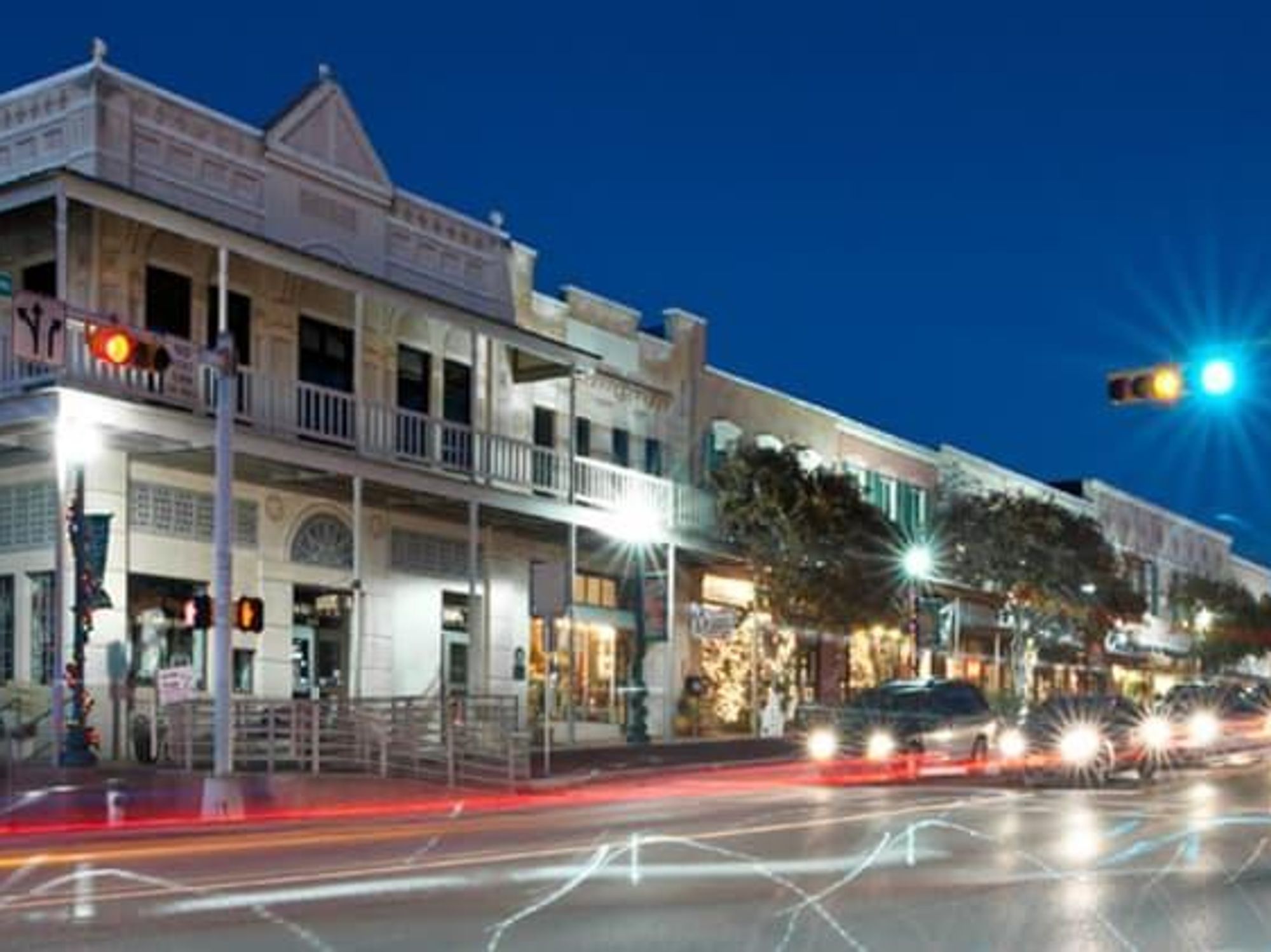Financial hardship
These Houston-area college towns could face economic ruin from pandemic, says new study

The global COVID-19 pandemic has been devastating to local economies — and could especially be so to Texas college towns, a new report finds.
A study published September 6 suggests three Lone Star State college towns could face “economic ruin” if the coronavirus pandemic forces the schools to once again halt on-campus activity. Business Insider complied a list of the 30 college towns in the U.S. that could be hit especially hard financially if their anchor schools don’t reopen this fall due to the novel coronavirus or must close again after reopening.
Three college towns in Texas show up on the report: San Marcos (Texas State University) at No. 10, College Station (Texas A&M University) at No. 12, and Huntsville (Sam Houston State University) at No. 17.
In College Station, the 53,150 degree- or certificate-seeking undergrads, excluding those who take only virtual classes, represent 45.8 percent of the population, according to Business Insider. In Huntsville, the 16,588 degree- or certificate-seeking undergrads, excluding those who take only virtual classes, make up 39.3 percent of the population.
To rank the pandemic’s economic threat to college towns, Business Insider looked at undergraduate enrollment as a share of each town’s population. It reviewed data for the 200 colleges and universities with the largest number of degree- or certificate-seeking undergraduates based on fall 2018 data. Business Insider focused mainly on schools that offer bachelor’s degrees, and included only those towns with at least 30,000 residents.
The main campus of Texas State University is an economic engine for San Marcos. As the city’s largest employer, it contributes more than $1.1 billion a year to the local economy.
In San Marcos, the 33,531 degree- or certificate-seeking undergraduates, excluding those who take only virtual classes, make up 52.6 percent of the population, according to the study.
The fall semester at Texas State started August 24. About 60 percent of classes are being offered in person and about 40 percent online. The Texas Tribune reported last month that some folks doubt face-to-face classes at Texas State would continue throughout the semester.
“I feel like all of the school reopening plans are based on models of idealized human behavior as opposed to real human behavior,” Nicole Taylor, associate professor of anthropology at Texas State, told the Texas Tribune. “They’re predicated on the assumption that people will follow the rules.”
